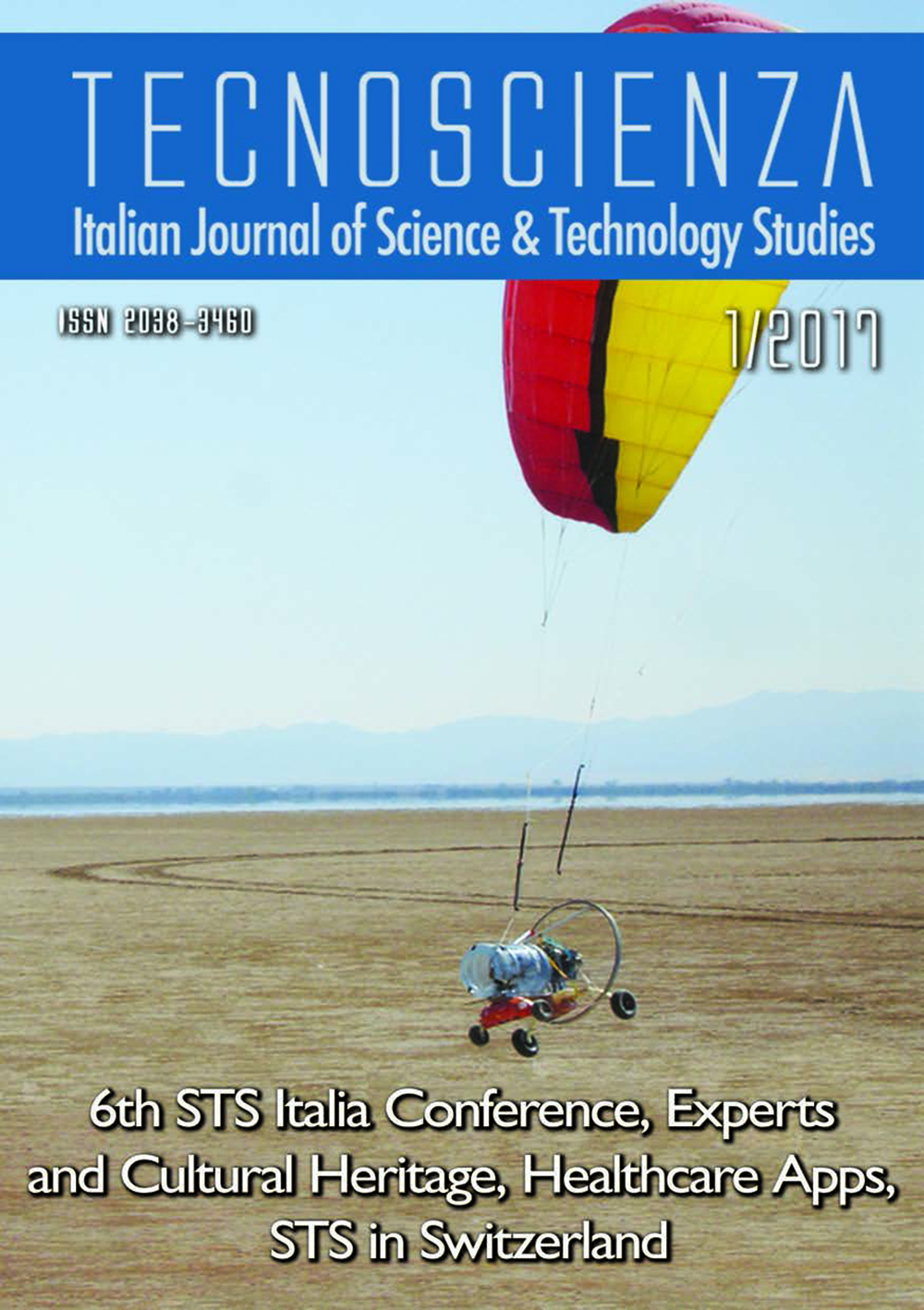The Becoming Environmental of Computation. From Citizen Sensing to Planetary Computerization
DOI:
https://doi.org/10.6092/issn.2038-3460/17343Keywords:
citizen sensing, air pollution, environmental sensors, environmental data, creaturingAbstract
In citizen-sensing projects, more extensively and democratically gathered data are typically presented as “the reasons for measuring air pollution”, since it is through collecting data that everything from enhanced participation in environmental issues to changes in policy are hoped to be achieved. The impetus to monitor and gather data is bound up with established (and emerging) processes of understanding environments as information-based problems. Within citizen-sensing projects, data are intended to be collected in ways that complement, reroute or even circumvent and challenge the usual institutions and practices that monitor environments and manage environmental data. Data are seen to enable modes of action that are meant to offer effective ways to respond to those problems. With more data, potentially more accurate data, and more extensively distributed data, environmental problems such as air pollution are anticipated to be more readily and effectively addressed. Data are intertwined with practices, responses to perceived problems, modes of materializing and evidencing problems, and proposals for political engagement. But how are air-quality data constituted, whether through expert or citizen practices? How do differing practices of environmental monitoring inform the character and quality of data gathered, as well as the possible trajectories and effects of those data? What are the instruments, relations, and experiences of air-quality data generated through these distinctive engagements with environments and technology? And in what ways do environments become computational through the use of low-cost air-pollution monitoring technologies? I consider how citizen-sensing practices that monitor air pollution experiment with the tactics and arrangements of environmental data.





